As soon as the Lebanese government announced in its historic session the decision to withdraw illegal weapons from all forces, including Hezbollah, the latter responded by rejecting the decision and considering it non-existent, launching a wide media campaign to mobilize its popular base and accuse the President and the government of betrayal. Tehran quickly joined this campaign, rejecting the government’s decision and predicting the failure of disarming Hezbollah in Lebanon. Hezbollah began field pressure by organizing night motorcycle rallies in Beirut and other cities to protest the decision. This stance increased concerns about the future situation in Lebanon and how Hezbollah would deal with the Lebanese army’s future implementation steps after its leadership submitted a disarmament plan to the government, which is expected to approve it early next month.
According to the government’s decision to lift the political cover from Hezbollah’s weapons, these weapons are now legally considered illegal and no longer enjoy the special privileges that exempted them in 1991 from the Taif Agreement decisions calling for the withdrawal of all Lebanese militias’ weapons. It is no longer classified as resistance weapons but as militia weapons, and the Lebanese armed forces have orders to confiscate them. Since Hezbollah’s leadership announced its refusal to hand them over, it has placed itself among the forces rebelling against the state and outside the law.
The geopolitical reality has changed significantly over the past year, depriving Hezbollah of most of the power factors it once possessed, which allowed it for many years to be above Lebanese laws and gave its leadership and members immunity from any accountability regardless of the severity of their actions. It exploited the Syrian presence in Lebanon to secure this immunity and later relied on its internal alliances and the resistance axis to ensure the continuity of political and legal cover for its movements.
Today, Hezbollah finds itself alone facing the Lebanese state. Except for a few voices and positions supporting it from a limited number of figures with no political weight or influence in the Lebanese street, other forces preferred to stay away or support the disarmament decision. Even the second party of the Shiite duo, the Amal Movement, decided to differentiate itself. It reserved judgment on the timing of the disarmament decision but did not reject it or consider it nonexistent. Its leadership even announced it would not participate in Hezbollah’s motorcycle rallies. Regionally, Hezbollah has no support from Syria, major Arab forces, or any external party except Iran.
Based on recent developments and positions of Hezbollah’s leadership and its affiliated religious authorities, its strategy to deal with the government’s decision is to turn the disarmament crisis into a sectarian issue. It portrays the matter as an American-Israeli conspiracy threatening the Shiite component and seeking to disarm it as a prelude to expelling it from its land. Hezbollah’s fear-mongering narratives to scare and mobilize the sect include threats from Sunni Islamic forces controlling Syria’s government and even linking weapons to the appearance of the Mahdi.
However, Hezbollah’s strategy, which seeks to buy time hoping for regional changes that restore its lost power factors, faces challenges, the most important of which is the Amal Movement’s refusal to risk the possibility of renewed Israeli war, which would double the Shiite sect’s losses and cause further territorial losses. There are independent Shiites opposed to Hezbollah’s directions, so the party does not monopolize Shiite leadership despite its media machine’s attempts to portray otherwise. The army’s swift and effective action to restrict Hezbollah’s motorcycle rallies prevented clashes with citizens in Christian or Sunni neighborhoods, thus limiting sectarian or confessional tensions. No militias or party forces confront Hezbollah’s rallies in the street; they face only the Lebanese army.
The Lebanese government appears determined to implement the disarmament decision, likely starting with Palestinian camps first. To strengthen its position, the government must begin holding Hezbollah accountable for all its illegal actions, from weapon withdrawal to closing illegal banking institutions, to arresting and prosecuting armed militants, inciters against the state, and those threatening civil peace. The law is the basis of governance. From this standpoint, an important question arises: How can a party that incites against the state, betrays its leaders, openly threatens civil peace, and whose weapons have become illegal, continue to participate in the government and parliament?



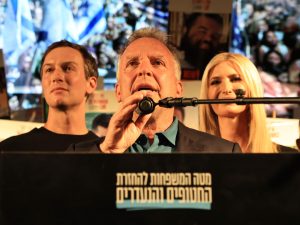


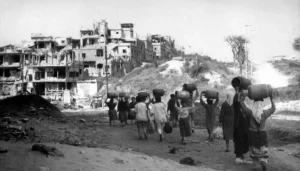
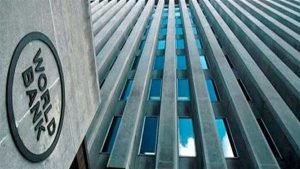
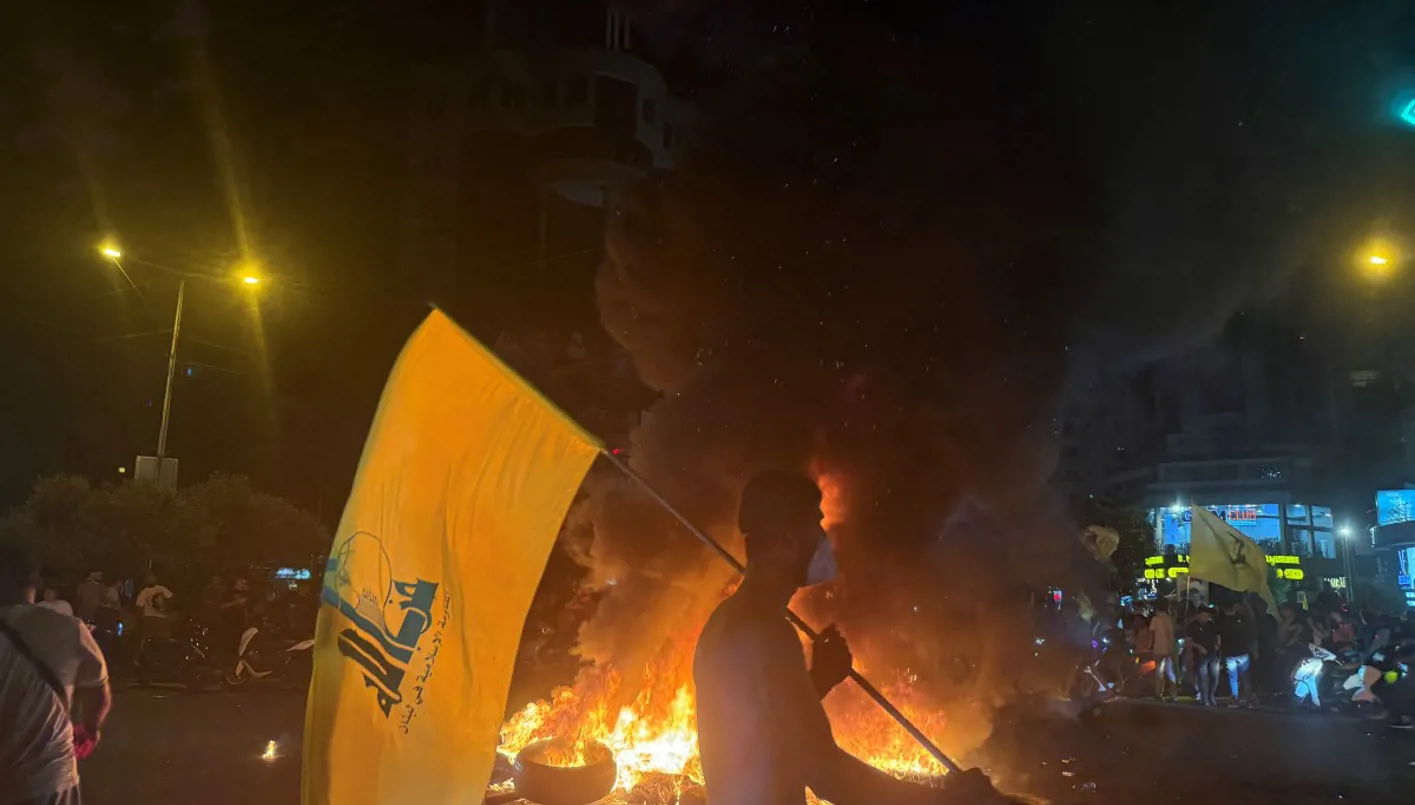
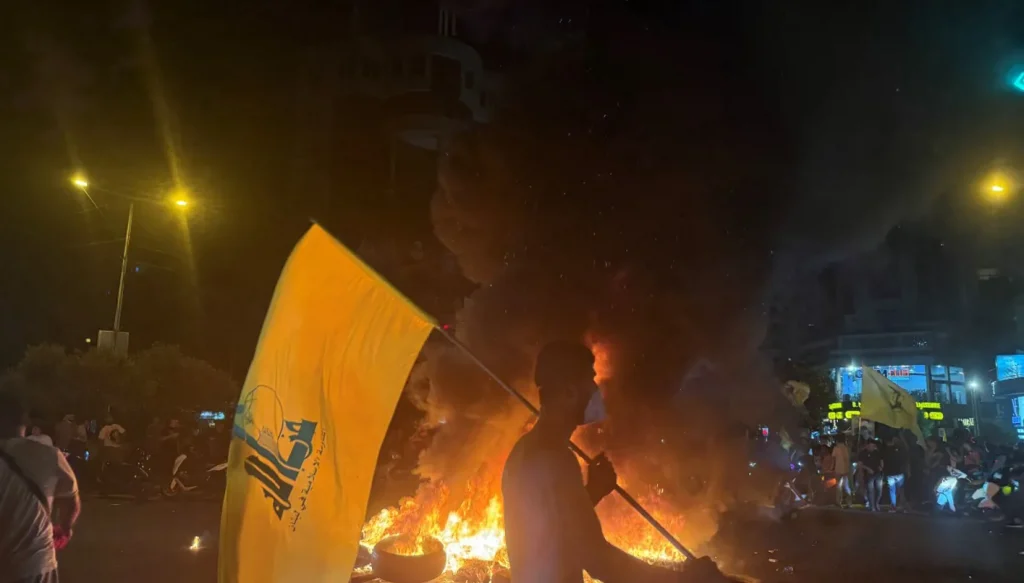




Recommended for you
Exhibition City Completes About 80% of Preparations for the Damascus International Fair Launch
Talib Al-Rifai Chronicles Kuwaiti Art Heritage in "Doukhi.. Tasaseem Al-Saba"
Unified Admission Applications Start Tuesday with 640 Students to be Accepted in Medicine
Egypt Post: We Have Over 10 Million Customers in Savings Accounts and Offer Daily, Monthly, and Annual Returns
His Highness Sheikh Isa bin Salman bin Hamad Al Khalifa Receives the United States Ambassador to the Kingdom of Bahrain
Al-Jaghbeer: The Industrial Sector Leads Economic Growth